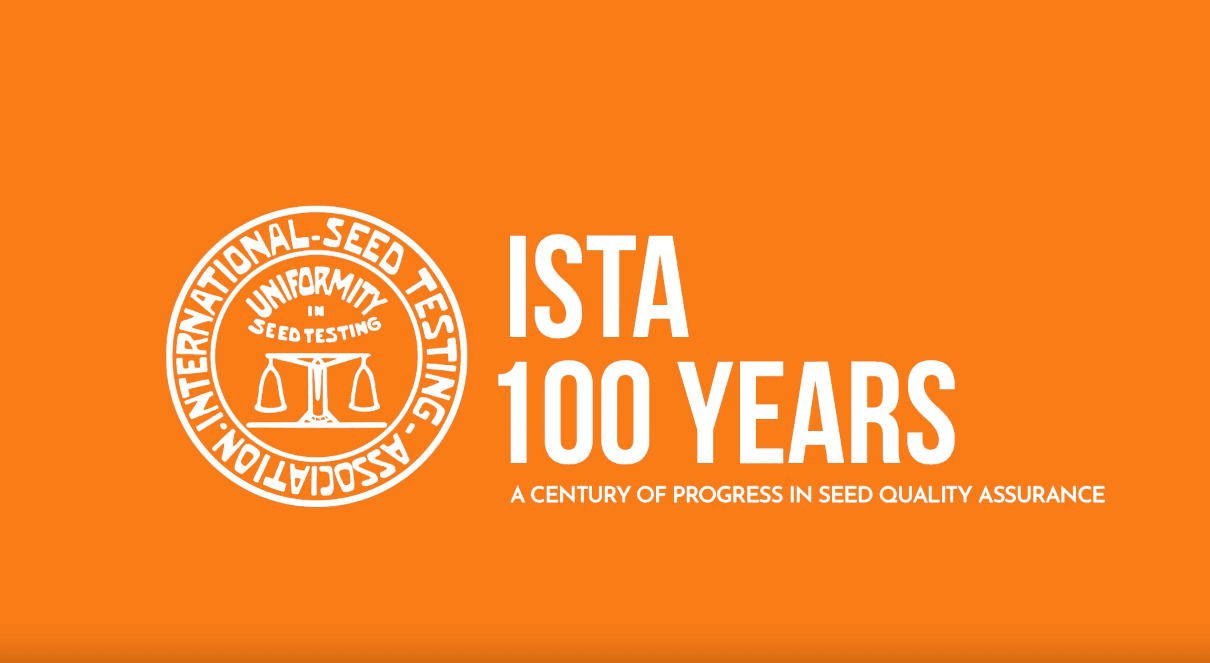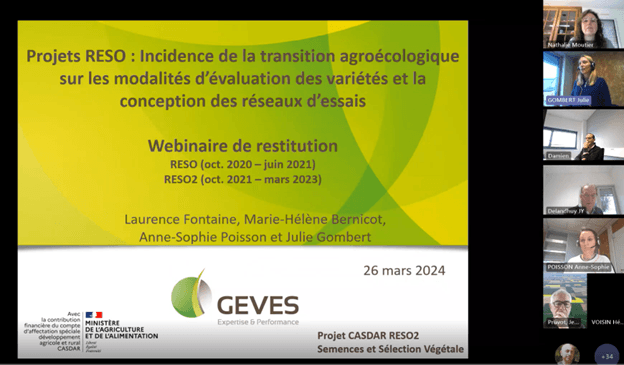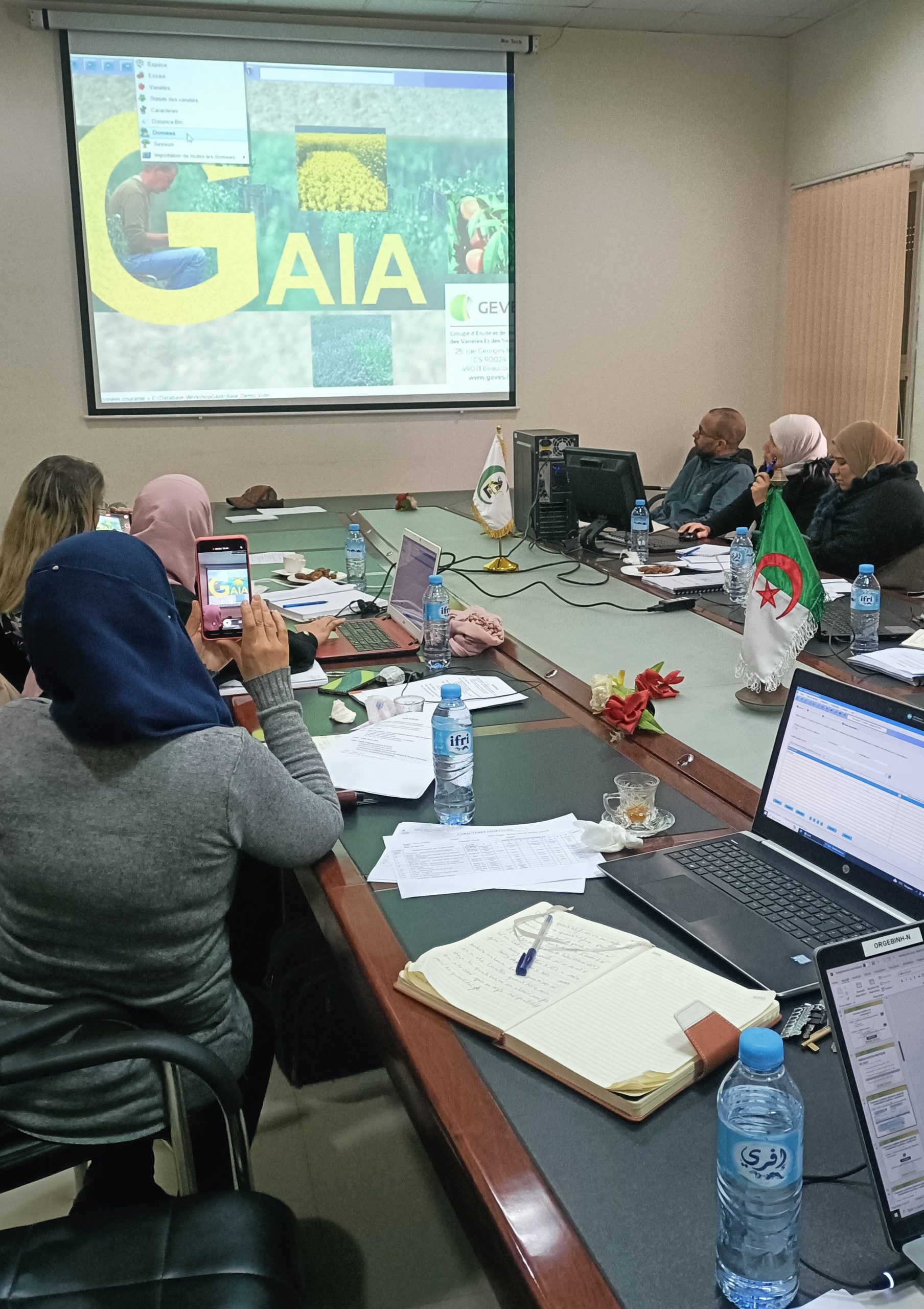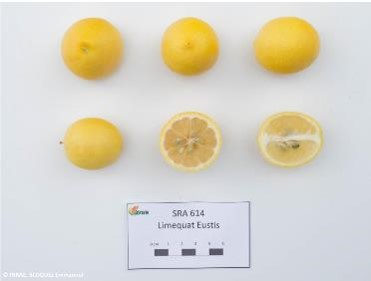
Sucseed and Mobidiv: Towards pesticide-free agriculture
In the frame of Priority Research Program ” Growing and protecting crops differently “, GEVES is a partner in 2 new collaborative research projects: Sucseed which focuses on seed microbiota, and Mobidiv which looks at species and varieties mixtures.
The French national priority research program “Cultiver Protéger Autrement” (Growing and protecting crops differently), has been launched by the government for a period of 6 years, with a budget of 30 million euros, with the ambition of finding new strategies for an alternative to pesticides. The kick-off Webinar took place on September 23rd in order to present the 10 granted projects and to start bringing the different projects together, including Sucseed and Mobidiv.
The Sucseed project (Stop the use of pesticides on seed) brings together 14 partners from public research for a period of 6 years. It aims to guarantee the quality of seeds without using synthetic phytosanitary products, favouring alternative solutions to prevent the transmission of pathogens by seeds and to promote the establishment of wheat, rapeseed, tomato and bean crops, by limiting damping off. In this project, GEVES will be involved in the identification of alternative solutions, testing the effects of biocontrol/biostimulant products on pathogens and on seed germination and emergence. It will contribute to study the deployment of alternative solutions on different genotypes and in different environments, through imaging phenotyping of seed vigour under controlled conditions. It will also participate in the study of the link between seed ageing and root exudates, and in a socio-economic and regulatory study related to these innovations. The Sucseed project will give seeds a central role in plant health management.
The other project granted through Priority Research Program ” Growing and protecting crops differently “, MoBiDiv (Mobilising and breeding intra and inter-specific crop diversity for a systemic change towards pesticide-free agriculture), will bring together 12 partners from public research for 6 years. It is based on the hypothesis that increasing crop diversity at plot level, through the use of mixtures of varieties and species on wheat, peas and fodder crops, will reduce the use of pesticides. The project aims to provide tools for the breeding and testing of mixtures of species and varieties. GEVES will participate in the reflection on how to evaluate varieties with a broader genetic basis (populations, variety mixtures, material from participatory breeding) and in the definition of information to be provided during the evaluation of this material with high diversity. The Mobidiv project will make it possible to mobilise and select intra- and inter-specific crop diversity for systemic change towards pesticide-free agriculture.
Find out more about the priority research program “Cultiver Protéger Autrement” (Growing and protecting crops differently) and the projects by following this link:





